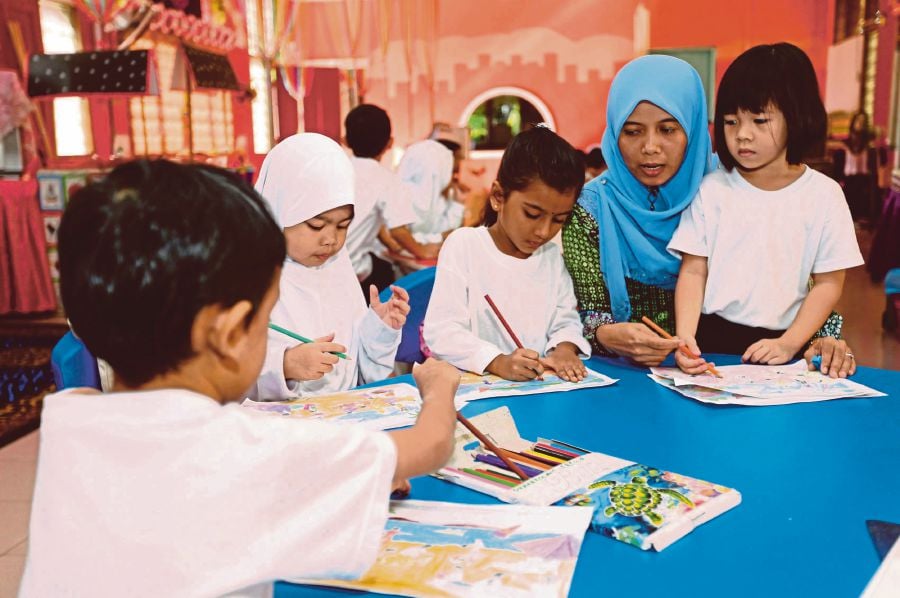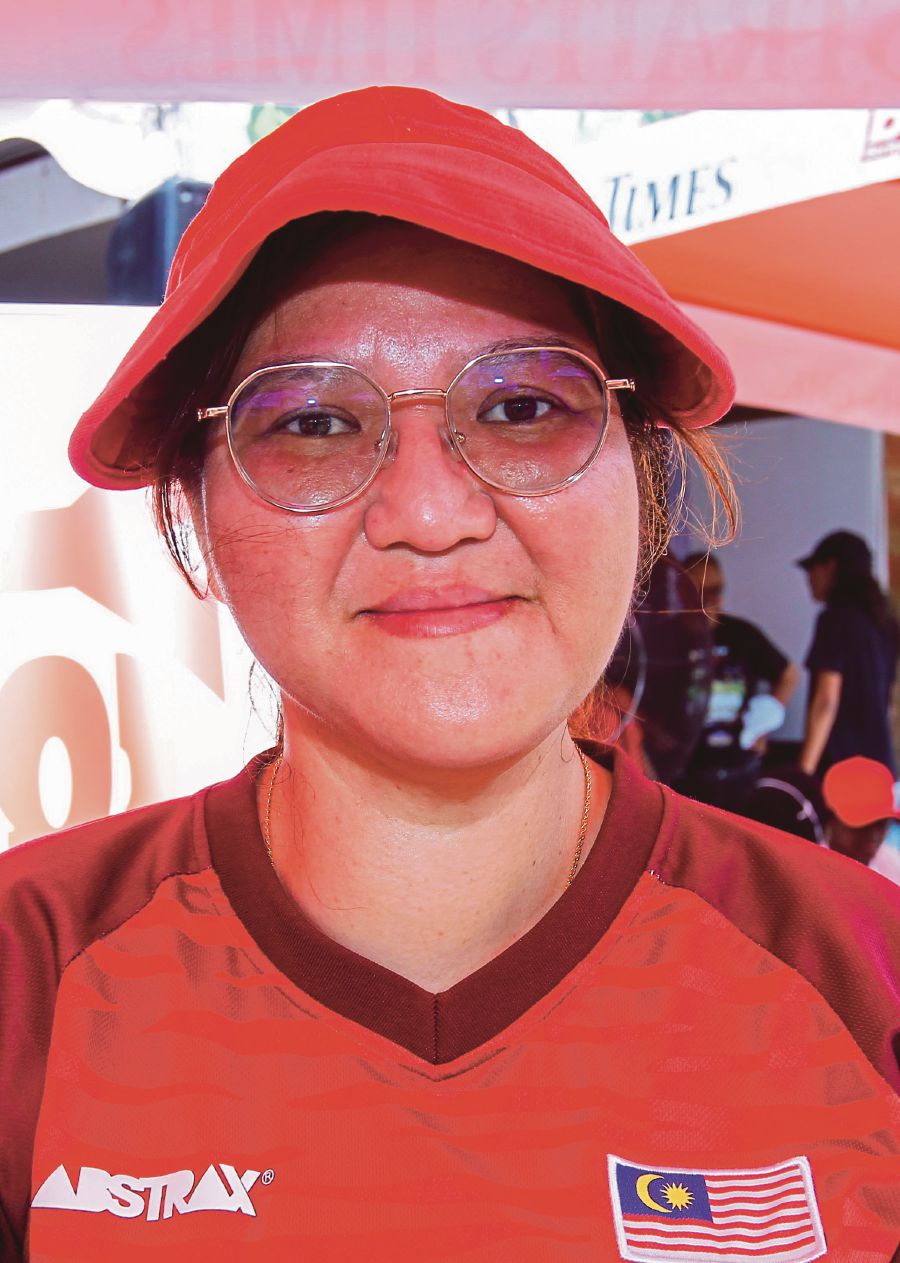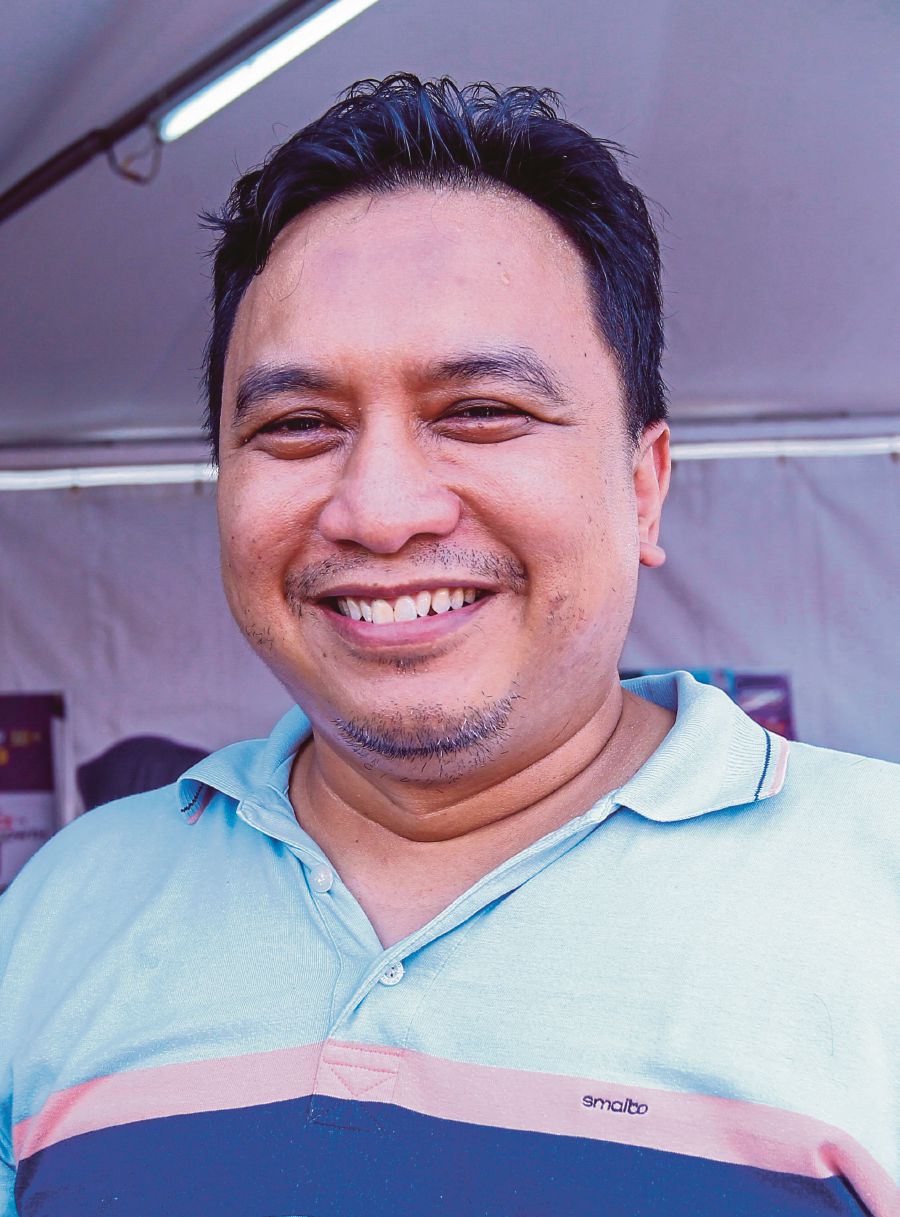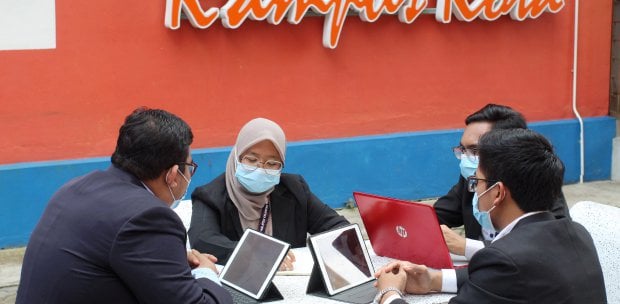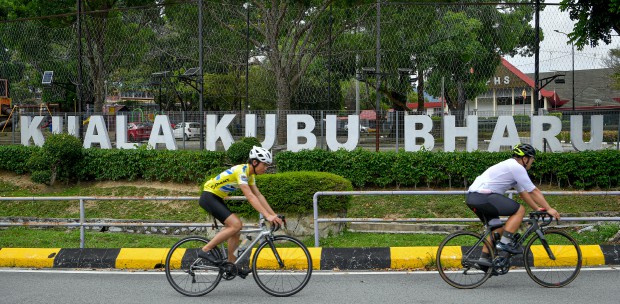KUALA LUMPUR: The new school curriculum should strike a balance between academic and extracurricular activities to develop a well-rounded generation.
Parents whom the New Straits Times spoke to expressed hope that it would cover all bases, both in and outside the classroom.
Besides improvements to regular classes, they hope after-school activities would be offered to develop their children's interest and talent.
Foon Pey Yuh, 40, from Nilai, Negri Sembilan, said schools could nurture the students' artistic talent, including music.
"My 13-year-old daughter loves singing, but there's no avenue in her school to explore her interest.
"I wish to be more supportive of her and I hope she gets all the encouragement she needs."
Tuan Syeful Azli, 41, from Shah Alam, Selangor, said he hoped the government could consider making religious education an after-school curriculum.
"It would be good if the after-school religious classes were available in the same school that the children are attending.
"It is quite tough for working parents like us as we would rush to fetch them from school in the afternoon and drop them off at the religious school daily."
Aslina Hashim, 49, from Sungkai, Perak, said she hoped that the Education Ministry would consider the rising cost of living when preparing the new curriculum.
Coming from a low-income household, she said, the monthly expenditure of RM800 for her children's education had proved to be challenging.
"When my child, who is now in Form 2, was transferred to a different school, we learned that there weren't enough textbooks for all the students.
"So, some of us were asked to buy them, which I couldn't afford and this has affected the children's learning process," said the mother of three, who is the sole breadwinner in the family.
It was reported that the new curriculum, to be introduced in 2027, would see the strengthening of school-based assessment (PBS) and the introduction of seven domains, namely personal development, communication, responsibility, digital fluency, diverse literacy, thinking skills and lifelong learning.


